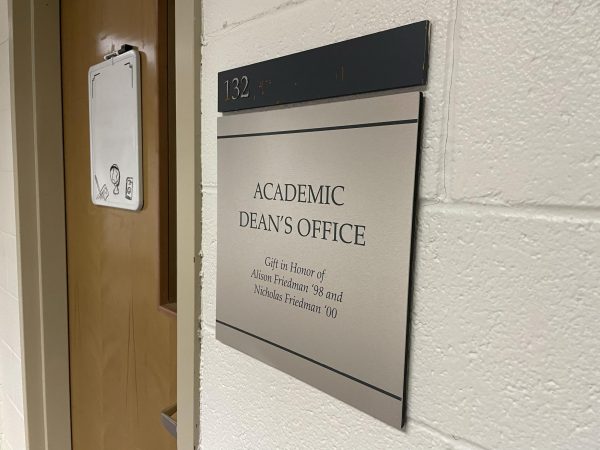Standardized Testing Must Be Phased Out of College Admissions
In the past, standardized testing has been an essential part of college admissions. Over the past few years, however, many colleges have begun shifting their testing policies by going test-optional, giving students the choice to include or omit their scores from their applications. Even among test-optional colleges, though, strong test scores can make applications stand out. The intended purpose of standardized testing is to combat grade inflation and evaluate students’ general comprehension. However, these tests only succeed in judging students’ test-taking skills while glossing over other key aspects of a student, along with ostracizing students of lower socioeconomic status and limiting diversity.
The current standardized testing system does not accurately measure a student’s intelligence or later performance in college. Tests such as the SAT and the ACT examine students’ abilities in four sections: reading, writing, math and science. However, the questions in each section are intentionally structured to deceive test-takers. The writing and grammar sections are heavily based on grammar rules, meaning a student with strong writing ability but weaker understanding of grammar could receive a score that misrepresents their ability. The critical problem with the tests is that they do not assess a student’s problem-solving skills, creativity or adaptability and instead take a narrow view of education. Standardized testing is, therefore, not only harming students’ potential learning opportunities but also students’ mindsets for future education.
Furthermore, the tests enforce classist structures, putting wealthier students at an advantage. A recent Common Application study linked students’ test scores to their zip codes, indicating higher scores in communities with higher median household income. Another key issue enforcing the class-based structure of standardized testing is the tutoring business. The tutoring and test preparation industry is a billion-dollar market, and many tutoring companies can greatly boost a student’s score. The drastic improvement that tutoring can offer wealthy students poses an unfair disadvantage for students from lower-income households who cannot afford the same resources. Additionally, the $60 fee for retaking the SAT and ACT allows wealthier students to retake the test as many times as possible, while poorer students may only be able to afford one attempt. As a result, the testing system benefits students based on their socioeconomic statuses and creates a wealth-based disparity in admissions.
Finally, standardized tests’ classism is intertwined with racism and is detrimental to diversity in higher-education institutions. By taking SAT and ACT scores into account, colleges have reduced the number of first-generation and minority students admitted into their schools. According to a recent study by the American Educational Research Association, test-optional schools saw a 10-12% increase in students from underrepresented racial and ethnic backgrounds and a 6-8% increase in female enrollment. These results demonstrate the negative impact of standardized testing on already underrepresented minority communities.
Colleges should not accept tests that fail to represent applicants’ abilities accurately and disproportionately improve wealthy students’ chances of being accepted into university. When attempting to build diverse communities and create more minority representation, colleges should phase out the assessment of standardized test scores, which limit diversity and minority groups’ educational opportunities. Ultimately, this will enable schools to increase diversity while fairly assessing applicants.












































